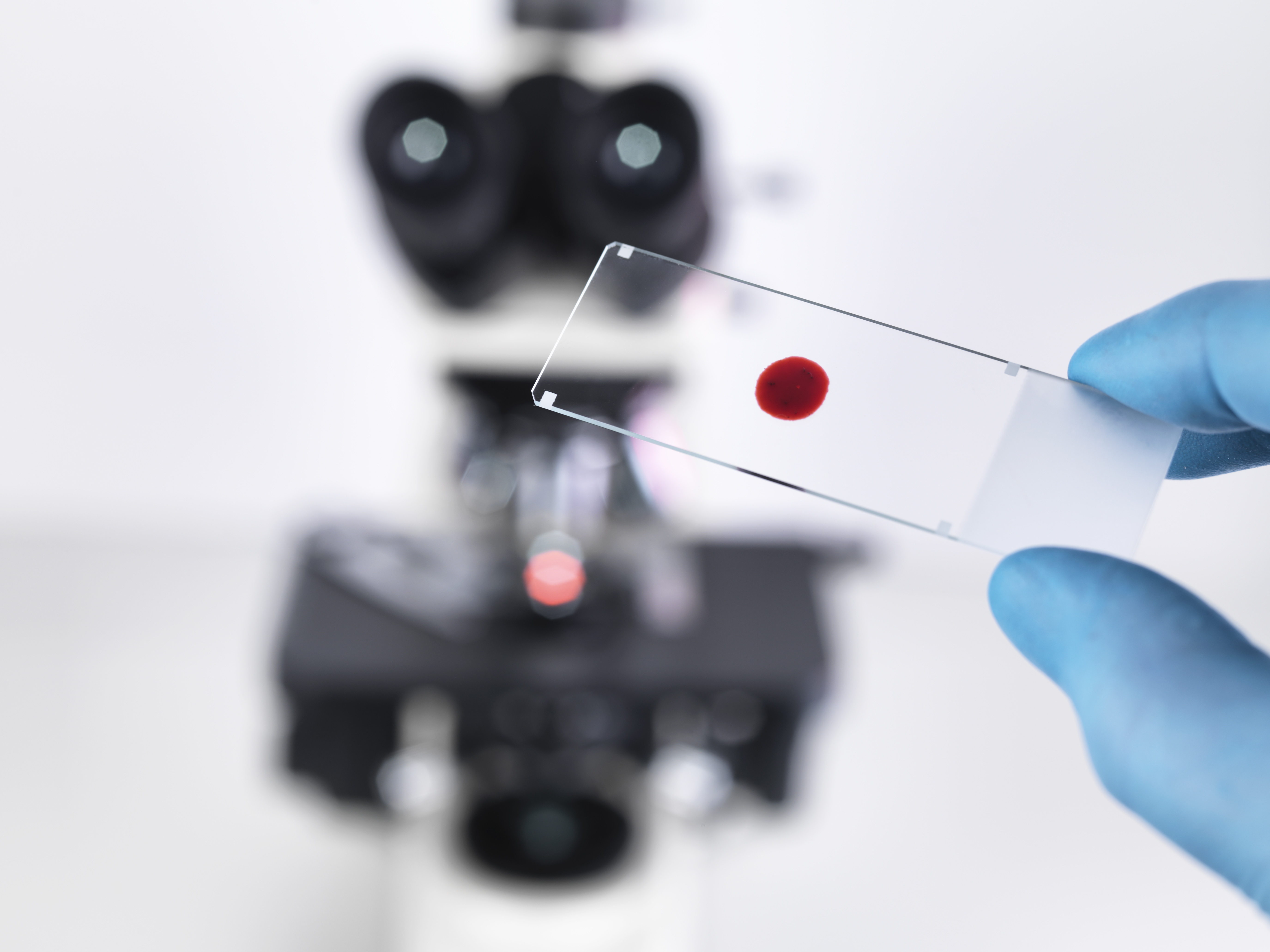A clinical trial underway at UConn Health is taking a close look at health care workers’ potential exposure to COVID-19 by testing their blood for protective antibodies from the virus.
The UConn School of Medicine-led surveillance study is conducting serology testing via small blood draw samples of UConn Health employees who have tested positive or negative for COVID-19 in the past or have potentially been exposed to the virus during direct or indirect COVID-19 patient care.
The volunteer health care worker groups being studied are frontline clinical health care providers, dental care providers, front office staff, support staff, housekeeping, and even trainees such as residents and medical students.
“We want to measure how many health care workers are exposed to the SARS-Cov-2 virus which causes Covid-19 by testing the presence of antibodies against SARS-Cov-2 in the blood. This permits a look-back at one’s exposure,” says Dr. Bruce T. Liang, the study’s principal investigator. He is a physician-scientist at UConn Health who directs the Calhoun Cardiology Center and serves as dean of UConn’s medical school.
“The Reverse Transcription – Polmerase Chain Reaction (RT-PCR) test by swab could at times provide a false negative for the virus and does not ultimately preclude one’s past exposure to COVID-19,” says Liang. “But if someone did have the virus they would have antibodies circulating in their blood.”
Liang adds: “This surveillance study is an important screening to quantify the prevalence of antibodies to the virus in health care workers following their body’s immune response to the COVID-19 infection.”
The study will track the prevalence of antibodies in health care workers even if they had no symptoms or only very mild symptoms, such as a minor cough, no fever, or no shortness of breath. Additionally, the study will aim to track the first appearance of antibodies against the virus in the blood and how long they remain in the blood.
So far the study has enrolled at UConn Health more than 200 anonymous health care workers as study participants, with the goal to enroll 1,000 study participants. Researchers will follow study participants for at least 6 months and retest their blood serum to see if antibodies are still present.
According to Liang, the study’s preliminary data is already showing that only 3.5 percent of health care workers being studied have antibodies to COVID-19 as a result of exposure to patients and even to others in the community.
“The intent is to really see how well we are protecting our health care workers via PPE,” says Liang. “And also to get some idea down the line whether these antibodies prevent them from being infected again.”
The study’s co-investigators from UConn School of Medicine are Dr. Mark Metersky, Dr. Robert Fuller, Dr. Eric Mortensen, Dr. David Banach, Dr. Kevin Dieckhaus, and Dr. Agnes Kim, assisted by Sharon DiMauro and Michael Kleinberg.
Further information on the study is available by email: dimauro@uchc.edu.



